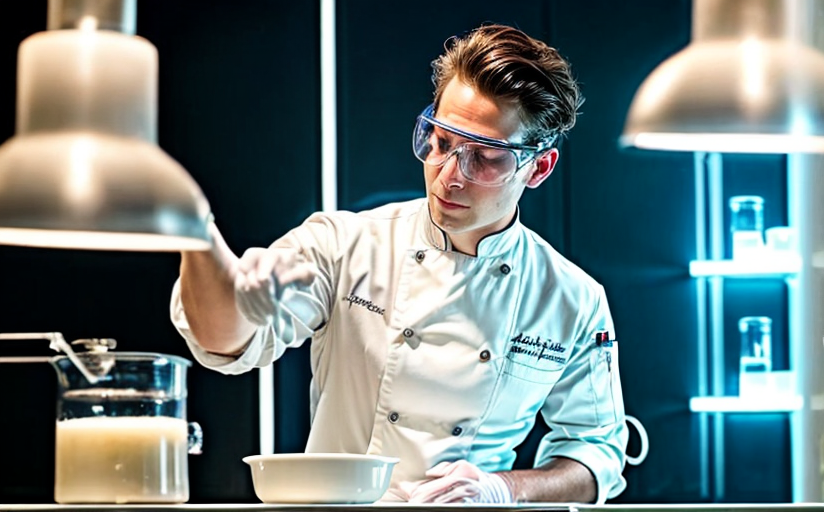An In-Depth Exploration Into The Role Of Molecular Gastronomy In Modern Cuisine
Molecular gastronomy has significantly reshaped the landscape of modern cuisine. This innovative culinary discipline that combines elements of physics, biology, and chemistry to transform the tastes and textures of food has changed our understanding and enjoyment of eating.
A Brief History of Molecular Gastronomy
The term 'molecular gastronomy' was first coined in 1988 by French chemist, Hervé This and late Hungarian physicist, Nicolas Kurti. They aspired to explore the science behind traditional cooking methods and innovate new ways of cooking, tasting and enjoying food. With increasing interest and innovations in this field, molecular gastronomy soon gained popularity all over the globe, reshaping the face of contemporary cuisine.
Molecular Gastronomy in Today's Food Spaces
Presently, the reach of molecular gastronomy extends beyond just the scientific community. Today, it is very much a part of contemporary food spaces. Restaurants, bistros, and even home cooks incorporate different techniques and principles of molecular gastronomy to create unique dishes which are a feast for both eyes and palate.
The Influence on Dining Experiences
By manipulating the physical and chemical properties of ingredients, molecular gastronomy provides a unique dining experience. Through surprising combinations of textures and flavors, ordinary dishes are transformed into extraordinary culinary creations. It not only tantalizes the taste buds but also evokes curiosity and awe, thus making dining a sensory and cerebral experience.
Famous Chefs and Their Contributions
Over the years, a number of famous chefs have carved their own niche in this field. Chefs like Ferran Adrià, Heston Blumenthal, and Grant Achatz have utilized molecular gastronomy and through their creativity, have created unique and iconic dishes. They have significantly popularized this form of culinary innovation and shaped the modern cuisine industry.
The Future of Molecular Gastronomy in Modern Cuisine
The future of molecular gastronomy holds tremendous potential in reshaping the modern culinary landscape. With a constant drive for innovation, molecular gastronomy will continue to play a pivotal role in determining the future of food presentation, nutrition, sustainability, and the culinary arts. Can we produce more sustainable and nutritious ingredients using its techniques? Can we create new flavor profiles and textures? The possibilities are countless and the future is exciting.
As we delve into this fascinating discipline, we continue to redefine our relationship with food and push boundaries of what's possible in the kitchen. Molecular gastronomy will undoubtedly continue to rewrite the story of modern cuisine, creating a crossroad where science meets culinary art.

















Comments
Leave a Comment